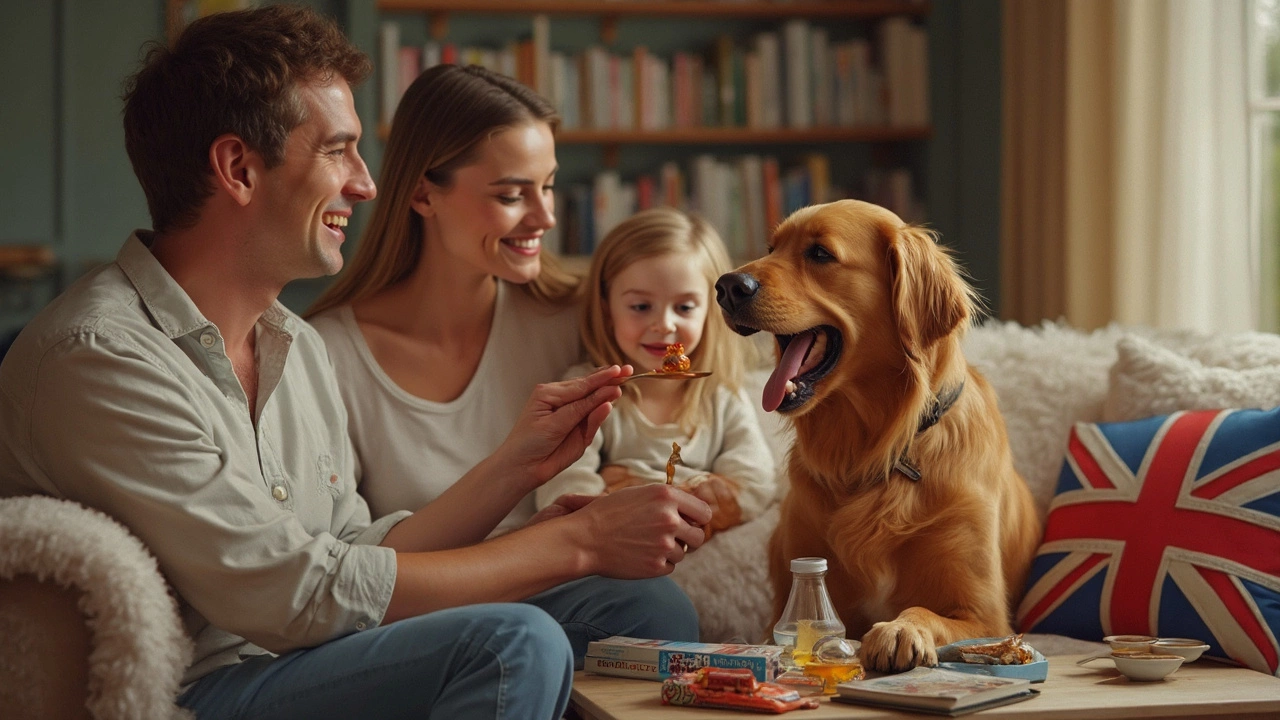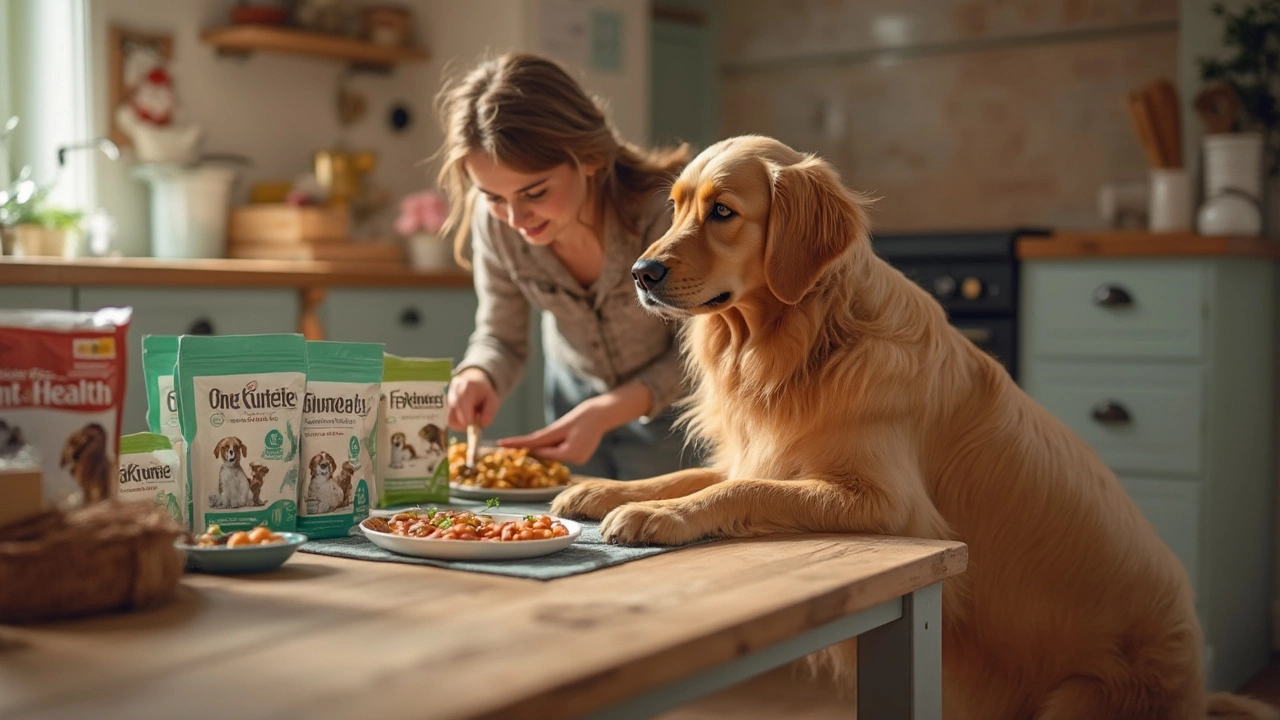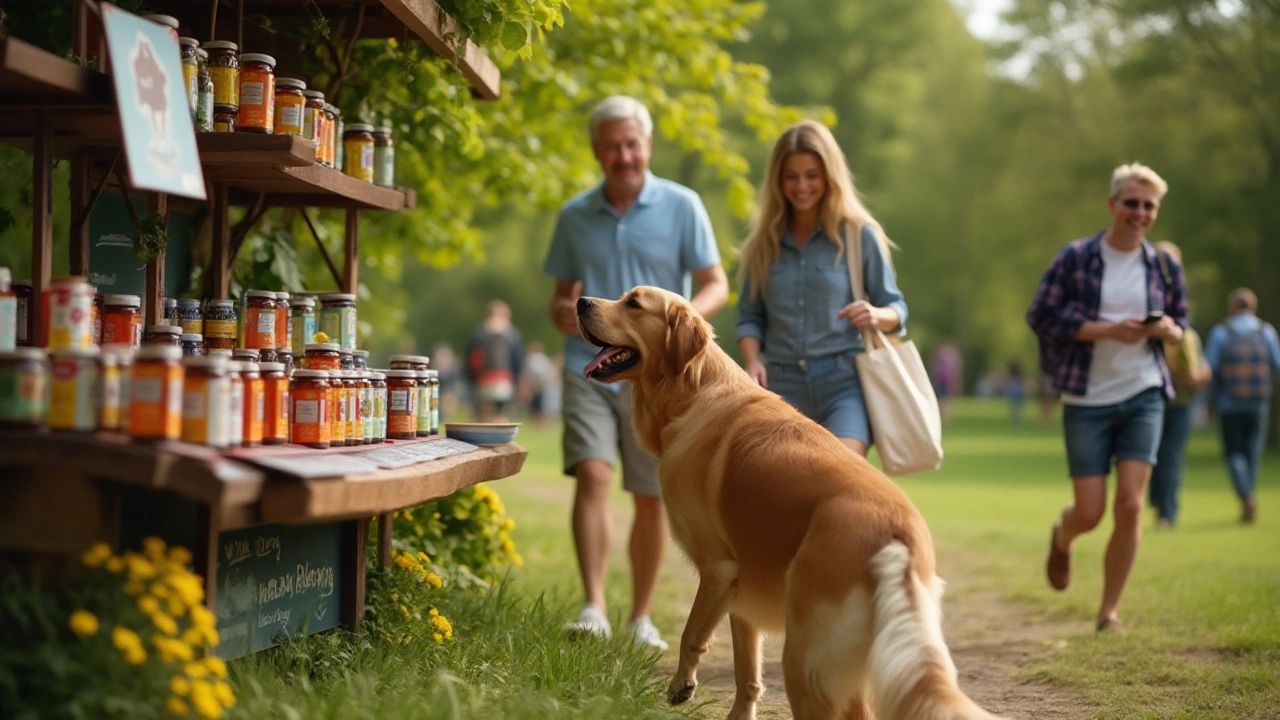Canine Health: Simple Tips for a Happy, Healthy Dog
Keeping your dog feeling great is easier when you focus on a few key habits. From what they eat to how you travel together, small changes make a big difference. Below are the most useful, vet‑backed ideas you can start using today.
Nutrition & Supplements Made Easy
Most owners think any protein powder is fine for a pup, but human shakes often hide xylitol, artificial sweeteners or too much caffeine. If your dog gets curious and licks a scoop, the safest move is to call your vet and watch for tummy upset.
Instead of risky shakes, try plain cooked chicken, lean meat or a dog‑specific whey supplement. These keep the protein level high without the hidden junk.
Omega‑3 fats are another common ask. Salmon oil is popular because vets praise its skin and coat benefits, but you must watch the dose – too much can lead to loose stools. When salmon oil isn’t an option, plant‑based oils, krill or algae capsules give similar benefits without the fish smell.
If you’re looking for a fish‑oil alternative, choose a product that lists EPA and DHA levels clearly. Algae oil works well for dogs with fish allergies, while krill offers the same brain‑boosting effects.
Remember: supplements are additions, not replacements. A balanced diet of high‑quality dry or wet food should cover most needs, and any extra should be discussed with your vet.
Safety, Grooming & Travel Basics
Collars are handy, but leaving them on 24/7 can cause irritation or choking if they slip. Check the fit weekly and replace a worn‑out strap at least once a year.
If your dog pulls on walks, a well‑fitted harness can ease pressure on the neck and make training simpler. Vets often recommend a front‑clip harness for beginners because it redirects pulling without hurting the dog.
Grooming takes time for a reason. The four‑hour window you see in salons includes bathing, drying, brushing, nail trimming and a final check for skin issues. Rushing the process can stress your pet and lead to missed health signs, so a longer appointment is worth it.
Traveling by plane? Know the airline’s pet carrier rules and make sure the crate fits comfortably – your dog should be able to turn around and lie down. If your dog gets anxious on flights, a calming collar with natural pheromones or a low‑dose vet‑approved supplement can help, but never use over‑the‑counter sedatives without a vet’s OK.
After a grooming session or a flight, many dogs feel jittery. Offer a quiet space, a familiar blanket, or a cuddle toy to calm them. A short walk in fresh air also helps release tension.
Quick checklist: • Review food ingredients for hidden toxins. • Pick the right supplement and dose. • Inspect collars and harnesses regularly. • Plan travel with a well‑ventilated carrier. • Provide soothing comfort after stressful events.
Follow these straightforward steps and you’ll see a healthier, happier dog in no time. Got a specific health question? Our team at Chander Hills Pet & Dog Services is just a call away, ready to give you the personal advice you need.




